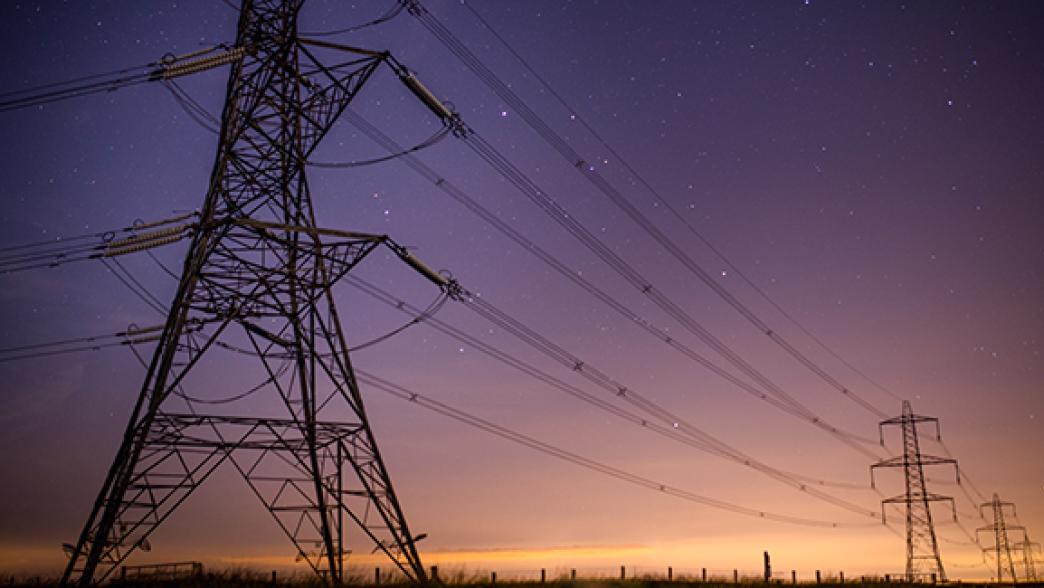Euratom
Euratom – the European Atomic Energy Community – establishes a single market for the trade in nuclear materials and technology.

What is the purpose of Euratom?
Euratom – the European Atomic Energy Community – establishes a single market for the trade in nuclear materials and technology. Around 30% of the EU’s electricity supply comes from nuclear power and Euratom ensures that Europe’s nuclear plants are operated safely and guarantee a secure supply of nuclear fuel.
It was established by the European Coal and Steel Community in 1957, around the time of the first civilian nuclear reactors, to provide secure access to nuclear materials and technology for peaceful uses and research.
Two key components of the single market created by Euratom are the free movement of capital to invest in the development of nuclear power infrastructure and the free movement of experts to work at nuclear facilities. It also facilitates the highly-regulated movement of nuclear goods.
Euratom also has extensive peripheral interests including research into nuclear technology; establishing standards and regulations for the safe and secure handling and use of nuclear materials; and regulating the supply of the isotopes used in nuclear medicine.
Why has the UK left Euratom?
Although Euratom is separate from the EU, it is governed by many of its institutions including the European Commission and sits under the jurisdiction of the European Court of Justice (ECJ). Additionally, Articles 96 and 97 of the Euratom Treaty require its members to ensure “freedom of employment” for nuclear specialists by “abolish[ing] all restrictions based on nationality”.
Continued membership ran up against Theresa May and Boris Johnson’s ‘red lines’ by preventing the UK government from controlling the migration of these specialists and continuing ECJ jurisdiction over certain matters relating to nuclear energy and technology. James Chapman, former chief of staff to David Davis (former secretary of state for exiting the EU), has speculated that these requirements contributed to the UK government’s decision to leave Euratom.
What are the consequences of leaving?
While the UK technically left Euratom on 31 January 2020, the transition period means that Euratom rules and arrangements will continue to apply until the end of the year.
There will be three key impacts when the UK is no longer subject to Euratom rules. Firstly, it will have more difficulty ensuring a long-term supply of nuclear fuel. Secondly, it risks an immediate shortage of medical isotopes. Finally, it may no longer enjoy access to research facilities and funding.
1. Reduced access to nuclear fuel
As a member of Euratom, the UK was part of co-operation agreements with eight other nations, including Australia, Kazakhstan and Canada. Between them they account for 71% of the world’s uranium production. When the UK is no longer subject to Euratom arrangements, it will break the guarantees that support supply chains from these producers to the UK.
Around 21% of the UK’s energy supply came from nuclear power in 2015, and the UK has no domestic sources of nuclear fuel. The UK government has made a long-term commitment to nuclear power in the form of the Hinkley Point C power station, although its wider civil nuclear strategy is unclear.
While the nuclear utilities should have enough fuel to cover the near term, the UK will need to forge new relationships with other nations to guarantee access to nuclear fuel in the long term.
2. Interruptions to the supply of medical isotopes
Leaving Euratom’s arrangements risks a series of time-sensitive supply chains which supply isotopes used in nuclear medicine. The UK does not have any reactors capable of producing these isotopes and because they decay rapidly – often within a matter of hours or days – hospitals in the UK must rely on a continuous supply from reactors in France, Belgium and the Netherlands.
Issues with these reactors precipitated a two-year crisis in the supply of several major medical isotopes between 2008 and 2010. Hospitals across Europe had to delay or cancel hundreds of thousands of medical tests.
In response to this, the Euratom Supply Agency was given a more prominent role in overseeing the supply chains of medical isotopes and ensuring that they are economically viable, stable and given due political importance.
Without the support of Euratom, the UK may find it harder to guarantee the supply of these materials to hospitals.
3. Reduced participation in cutting-edge nuclear research
A key area of Euratom activity is nuclear power research, particularly nuclear fusion. The UK’s departure from Euratom’s programmes could jeopardise access to both research funds and facilities, and make it more difficult for scientists and engineers working in these fields to come to the UK for employment.
How will the UK adapt?
The government has passed the Nuclear Safeguards Act 2018, which makes provisions for the government to pass regulations on, and implement agreements relating to, nuclear safeguarding. The Act also extended the role of the UK-wide Office for Nuclear Regulation to oversee the application of the new domestic regime.
While this legislation addresses some of the gaps created by leaving Euratom – such as ensuring that “civil nuclear material is not diverted from their intended use” – it does not address other functions like access to expertise and capital to develop and operate nuclear technology.
The revised Political Declaration states that “the Parties will also cooperate through the exchange of information on the supply of medical radioisotopes”, and that the Euratom Supply Agency will “reassess… the authorisations and approvals of contracts for the supply of nuclear material between Union and United Kingdom undertakings which it has co-signed” but explains little more. This will be subject to future relationship negotiations.
The government has put in place some measures to ensure the supply of nuclear material for energy production and medical use with countries outside the EU. The UK has rolled over agreements with the US, Australia and Canada and the International Atomic Energy Agency, and has established a basis for co-operation with Japan.
- Topic
- Brexit